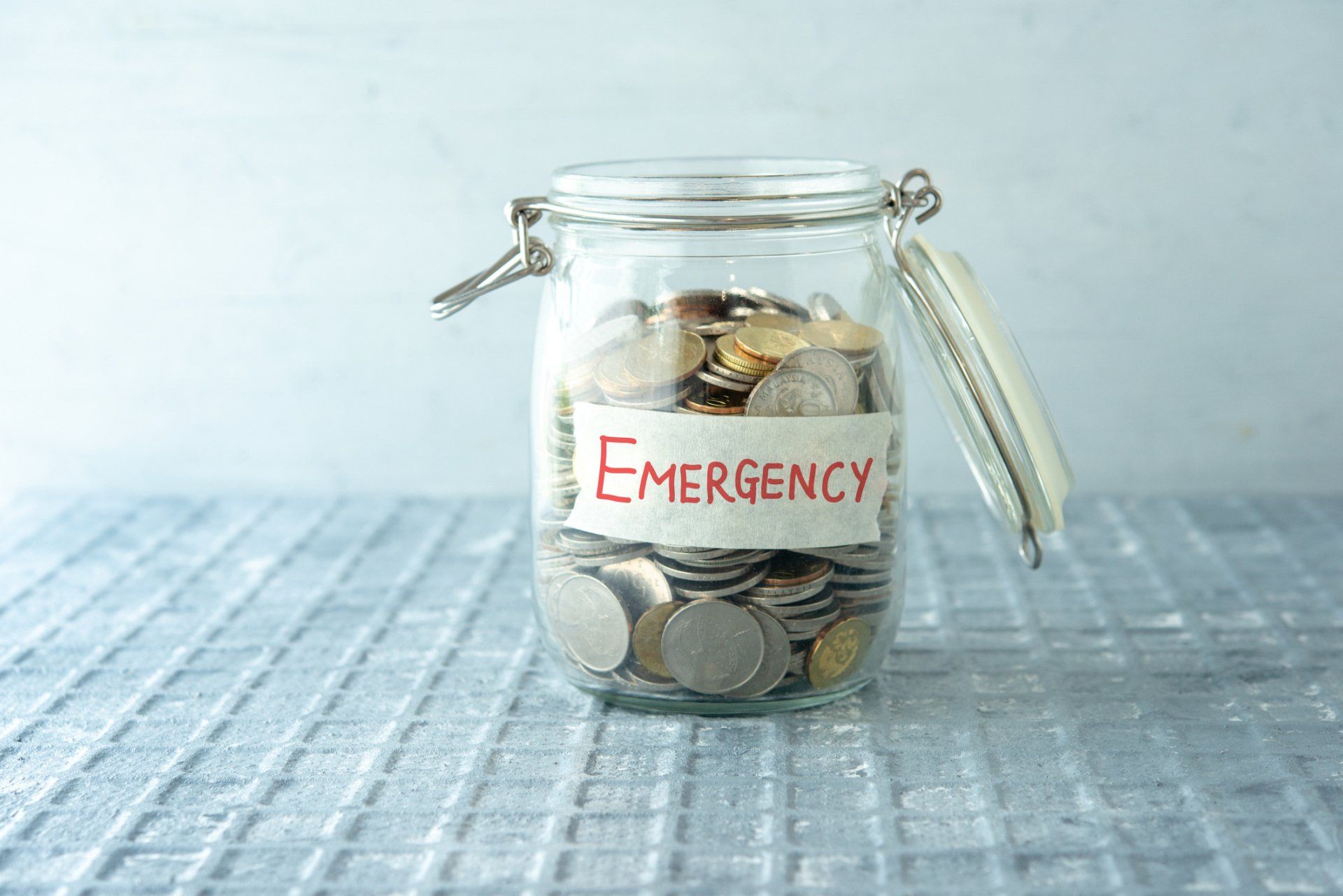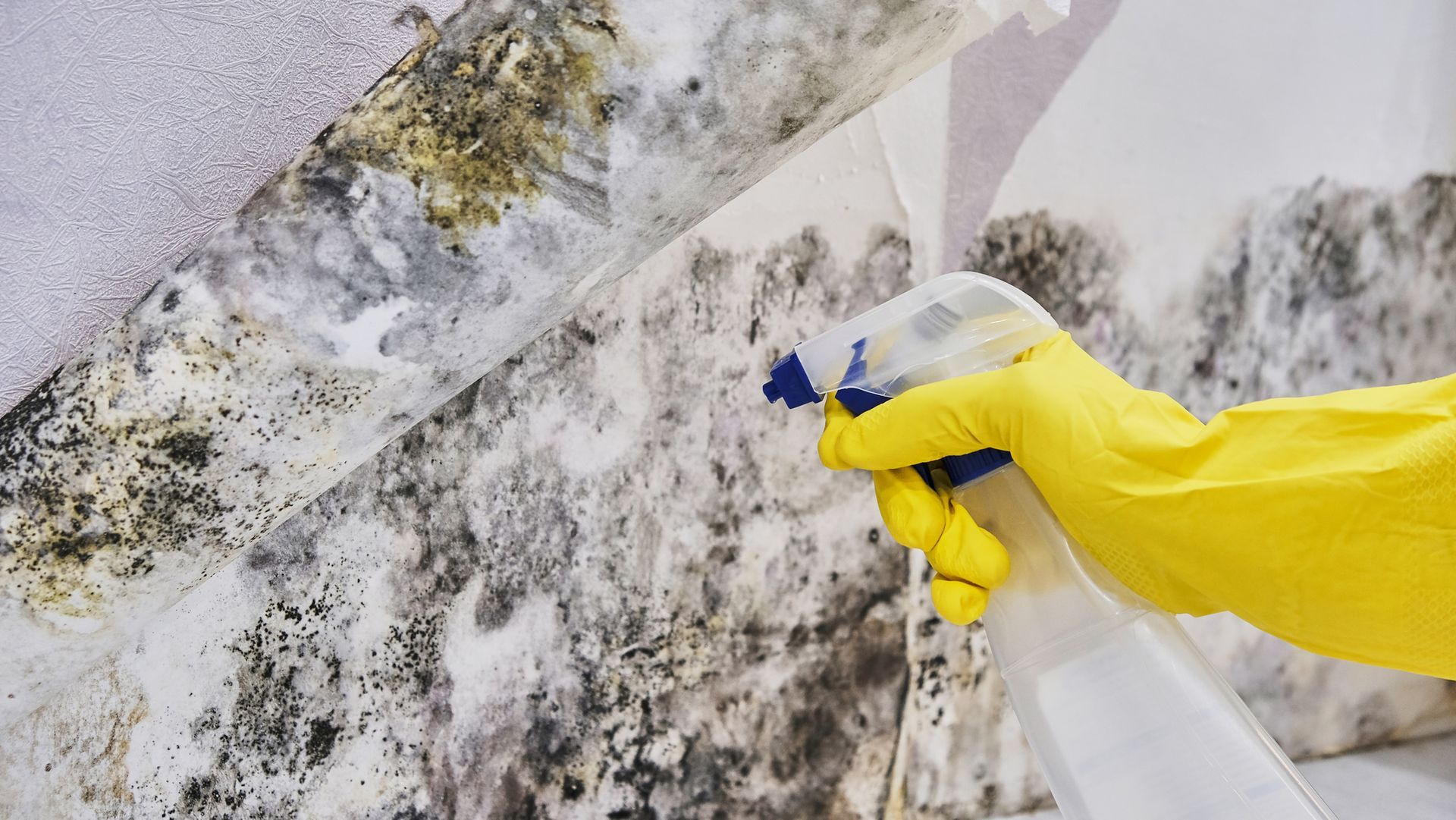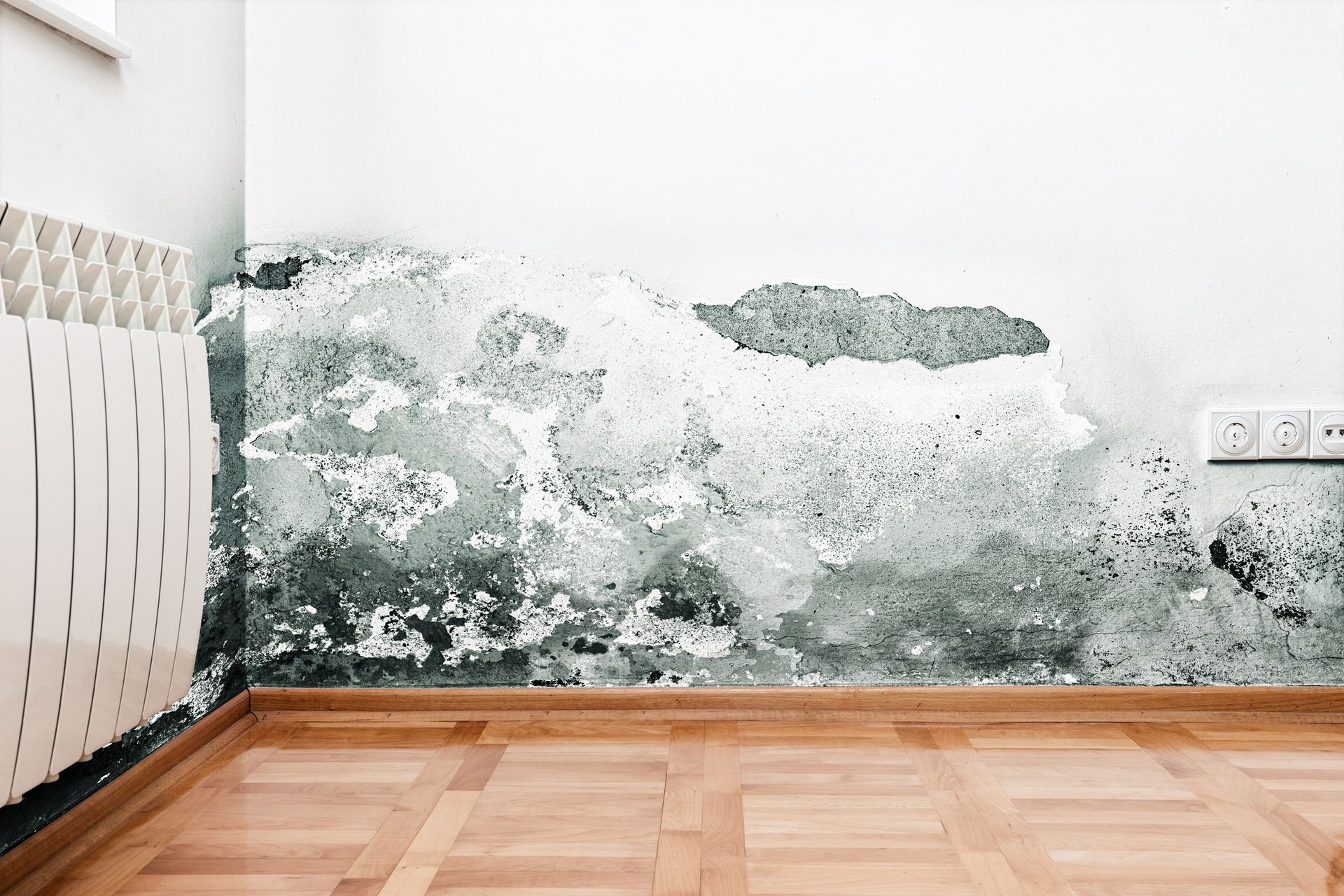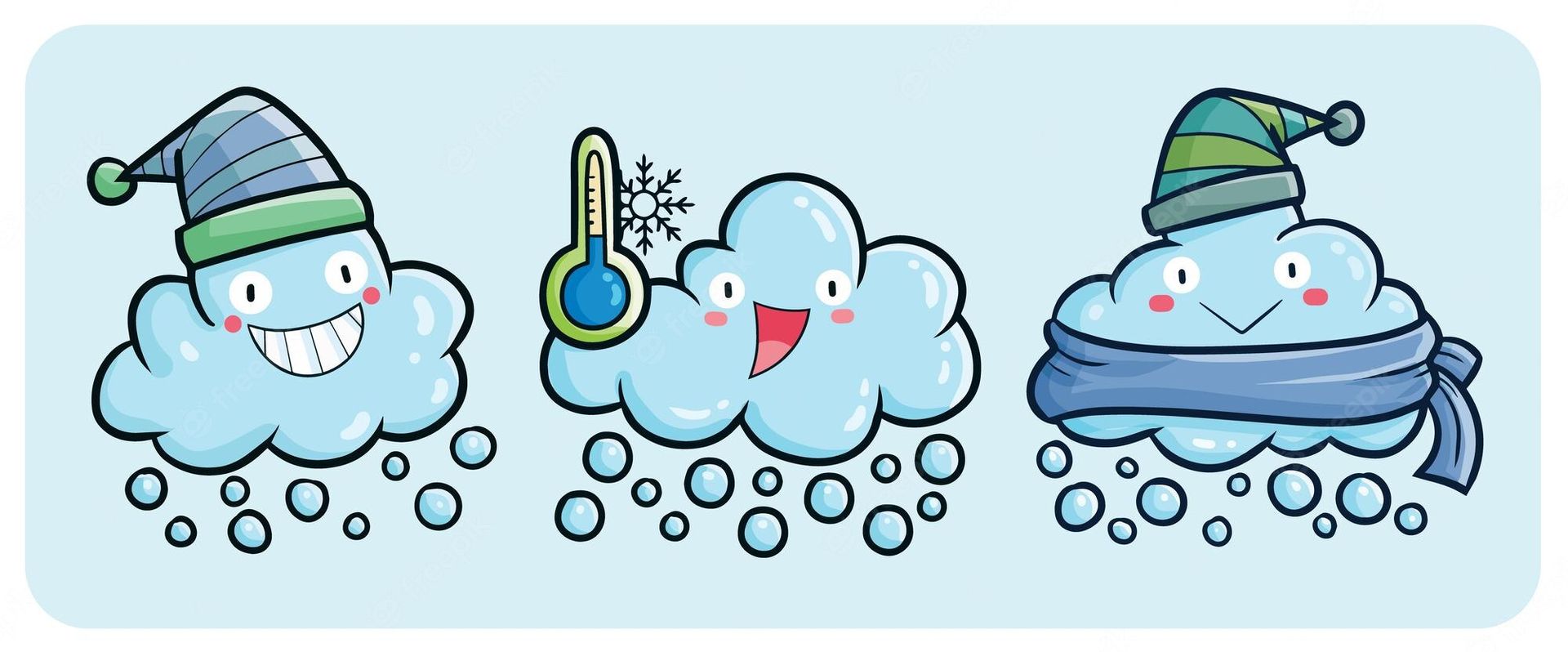Avoid Financial Ruin with Emergency Home Repairs
Avoid Financial Ruin with Emergency Home Repairs

Have you ever noticed how problems with your house seem to arise at the most inconvenient times, such as a burst pipe shortly before out-of-town guests arrive or an A/C breakdown during the warmest week of the year? These unexpected home repairs may create a lot of stress, and if you aren't prepared, they can also cost you a lot of money. Following these suggestions is essential if you want to avoid being caught off guard when it comes to emergency repairs.
Maintain Your Home Regularly
Staying on top of any upkeep around your property is perhaps the simplest method to avoid costly home repairs before they occur. You may spend a few minutes each month looking for typical maintenance concerns such as clearing gutters and preventing tree limbs from growing too close to your house.
Changing the filters in your HVAC system is another maintenance duty that many people ignore. Filters should be replaced every three months as a general guideline, but depending on your system and home, you may need to change them more frequently. In fact, you may subscribe to a service that will bring filters to your house on a regular basis, ensuring that you always have one on hand when it's time to replace them.
Keeping your filters up to date will help you avoid losing heat in the winter or having your air conditioner break down when you need it most. If you do find yourself without air conditioning, use these strategies to stay cool before moving on to the next phase in the home repair process. To make house maintenance and emergency repairs a little less stressful, fill a toolbox with basic tools like a screwdriver and wrench, as well as some must-have supplies like the ever-useful duct tape.
Repairs Done Right When Problems Occur
Most homeowners will be relieved to learn that they can perform numerous house repairs alone. For example, if a drain is clogged and overflowing, a plunger will generally solve the problem, and repairing little leaks around the house is usually rather straightforward.
However, if you have a more serious problem, you should consult a professional. In fact, performing some repairs on your own is against the law. If you attempt to do any substantial maintenance involving gas cooktops or appliances, as well as septic tank concerns on your own, you risk voiding warranties, serious harm, and even legal ramifications. So, if you need a contractor for a large repair, follow these basic guidelines to find someone trustworthy. Check online resources and websites for local suggestions to get competent labor, but be sure you carefully study if your contractor is licensed – and always utilize a signed contract. Following these last procedures will ensure that any work done on your house is covered by insurance and that you are protected from financial damages.
Save Some Money to Cover Potential Repairs
Even with routine maintenance, it's hard to know when an emergency may occur. That's why it's a good idea to set aside money for unexpected repairs. It's one of the simplest methods to pay the price of house repairs. If you can, set aside at least $2,000 as a "rainy day repair fund" so you won't have to rely on pricey loans and credit card charges in an emergency. Consider the repairs that your homeowner's insurance will not cover when determining your emergency reserves. Water damage caused by sewage, leaks, or mildew is sometimes overlooked, but the additional costs of water problems do not end there. You should also factor in any additional costs, such as higher utility bills, that may arise as a result of emergency house repairs.
There are many advantages to owning a house, but dealing with unanticipated emergency repairs is not one of them. You may, however, be better prepared to deal with these home catastrophes if you know how to avoid them, where to locate dependable aid, and how to set up your own emergency savings fund. These are the easy actions that may save you a great deal of worry and money. Contact Restoration 1 of Towson if your house has been damaged by a burst pipe, mold, or water damage of any form.












